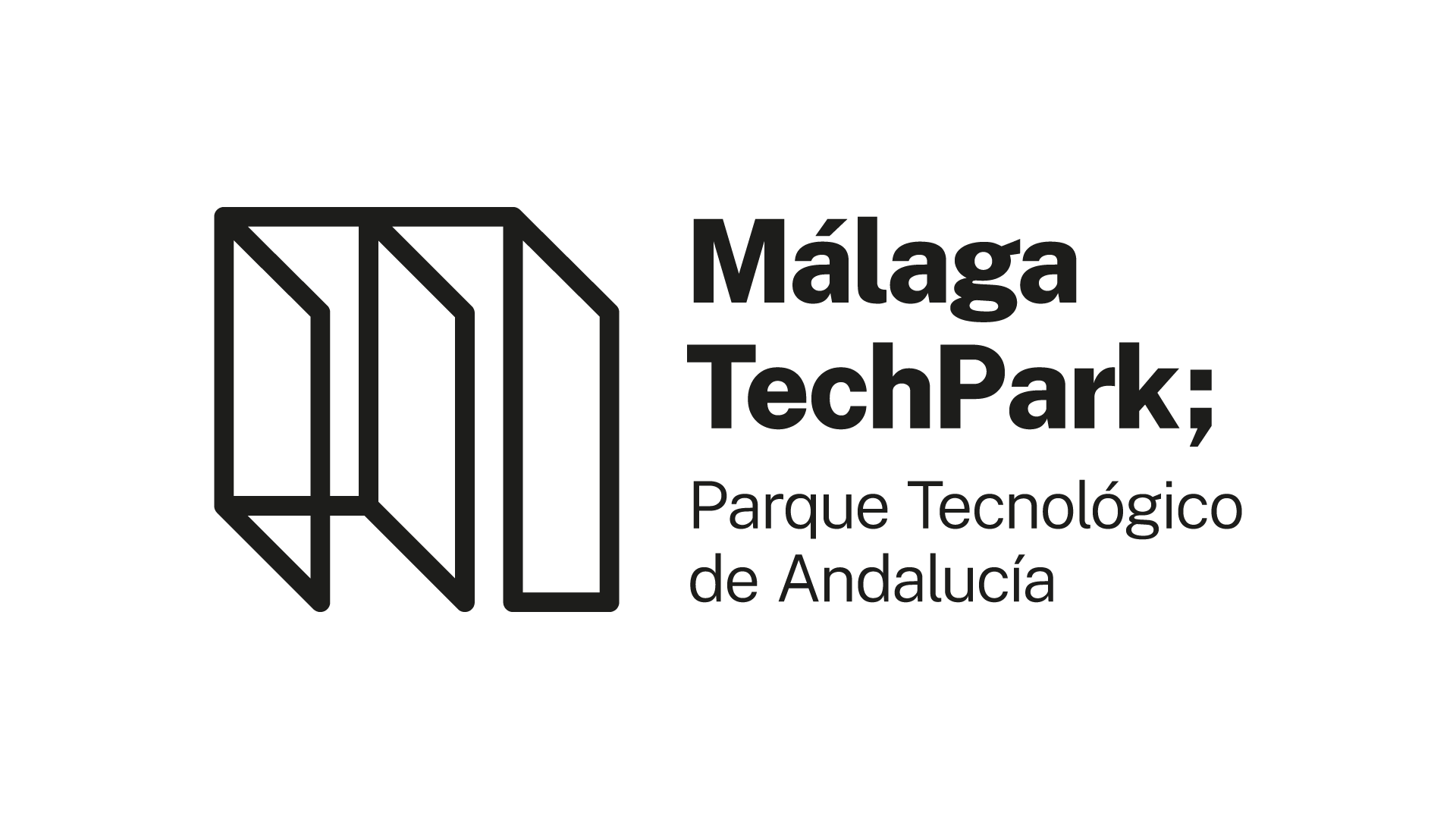- The general secretary of Universities requests support from the business sector in implementing dual-degree programs, a key element in the new degree map
The Ministry of University, Research, and Innovation has initiated a series of meetings with the technology sector in Andalusia to gauge its needs for professional profiles. This aims to align the new university degree map with the demands of the job market in the community. The regional government is currently involved in elaborating this map. Ramón Herrera, the general secretary of Universities, emphasized this during a meeting with Felipe Romera, the director of Málaga TechPark, and representatives from the technology multinational Accenture. They also discussed the expansion of places in technological education to address the fourth industrial revolution and the future implementation of dual-degree programs.
Herrera explained that the Andalusian university system is entering a decisive phase. After more than a decade with a stalled degree offering, it can now update its options to meet the needs of a job market heavily influenced by technological and digital innovations. Therefore, he underlined that this initial contact had to be planned with the key representatives of the innovative ecosystem, the science and technology parks, where the government, companies, and universities collaborate. This meeting with Málaga TechPark and one of its referent companies will be followed by other meetings with the Cartuja Science and Technology Park (PCT Cartuja) and its main technology companies, as well as other strategic sectors of the Andalusian economy through the Confederation of Entrepreneurs of Andalusia (CEA).
According to Herrera, “in the coming years, new jobs related to Industry 4.0 will emerge, many of them connected to professions that do not even exist today. In this vertiginous transformation, the university plays a key role, as it has the responsibility to educate qualified young people to meet these demands.” Therefore, the new decree for the organization of university education, outlining the academic program, “will become an essential tool to align the current offering with new professional challenges.” The document must consider the socio-economic structure of the Andalusian territory, its productive network, as well as the potentials and needs of its job market, among other factors.
In this context, Herrera expressed confidence in boosting the weight of digital transformation-related careers in the new educational offerings. He also discussed the possibility of increasing places in existing technological programs to provide an immediate response to the market.
To explore this line of work further, Herrera explained that a working meeting has already taken place with the directors of the Computer Engineering Schools. The rectors will be requested to conduct a cost analysis of this measure. “Based on this initial report, the Junta de Andalucía can analyze the implications that this increase will have on the system, particularly in those programs that are most relevant to this technological revolution and have high labor demand, such as Computer Science and Engineering, especially in the field of ICT,” he noted.
Enhanced collaboration between companies and universities for dual-degree programs
This degree map also prioritizes the creation of dual-degree programs, both at the undergraduate and master’s levels. These programs allow students to complement their academic training with practical experience through activities in a company or institution. According to Herrera, “this measure aims to promote the employability of students and their appropriate integration into the productive sector, ensuring qualified personnel for sectors in need.”
However, “it is crucial for universities to have the collaboration of the productive sector,” he underlined, adding that “the regional government must focus on strengthening the relationship between universities and companies, as these types of programs will succeed if the immersion in workplace training is real and comprehensive.”

